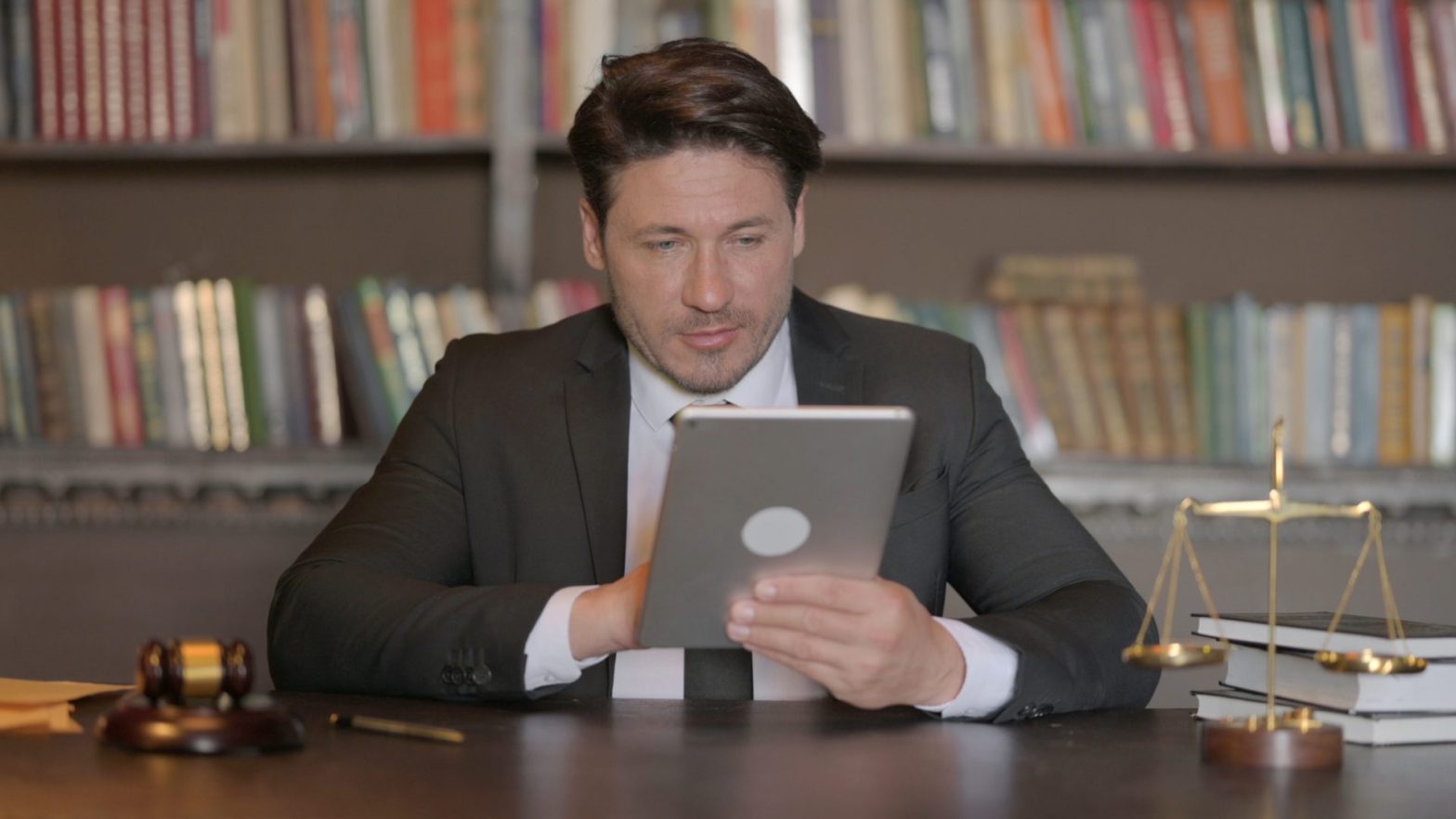If you plan to file a personal injury claim or lawsuit, know that the opposing party’s legal team and insurance company will do their best to find holes in your case so they may minimize their liability or even dismiss your claim. In this digital age, it’s become increasingly common for defense attorneys and insurance companies to delve into the content that claimants post on social media to find any information they can to bolster their cases. So, how can social media affect your personal injury case?
The Legal Implications
Section 3101 (Scope of disclosure) of New York’s Civil Practice Law & Rules states that “There shall be full disclosure of all matter material and necessary in the prosecution or defense of an action, regardless of the burden of proof.” Based on this, courts in the state typically consider legally obtained information from public social media accounts to be admissible. Factors that matter include:
- Relevance. All the evidence presented in court should relate to your case and injuries directly.
- Verifiable. Courts should be able to verify the evidence presented as authentic.
- Prejudicial. A court may find evidence from social media to be inadmissible if it feels the information is prejudicial and may harm a claimant’s privacy.
- Compliance. Anyone submitting information or evidence from social media needs to collect and present it according to relevant rules and regulations. This includes how a lawyer may disclose the evidence to a court and opposing parties.
Judges usually have discretionary powers to hold evidence collected from social media as admissible or inadmissible based on the factors mentioned above. This ensures the courts scrutinize evidence from social media as meticulously as that gathered from traditional sources. What this means for you is that you need to be extremely cautious about what you post on social media platforms, because even a seemingly innocuous comment can come back to haunt you.
The Risks of Posting on Social Media
If you share details about your accident or injuries on social media, keep in mind that the other party’s lawyers and insurance company can present the same as evidence in court to try and undermine or discredit your case. Not surprisingly, the answer to, “How can social media impact your personal injury claim?” comes in different forms.
The Admissibility Factor
When you file a personal injury lawsuit, what you say to others anywhere typically becomes admissible in court because you’re the claimant (a party to the case). In most such scenarios, a court construes what you say and post on social media as statements. In addition, what your friends and family members say about your accident and injuries on social media can also be admissible in court.
So, you if end up posting about your accident/injuries on platforms like Facebook, Twitter, Instagram, TikTok, or Snapchat, the opposing party (defendant) can use the same as evidence to challenge your claim. For example, if a photo shows you dancing at a party, a defendant can present it as evidence to highlight that your injuries are less severe than you claim them to be.
Contradicting Information
If you’re filing a personal injury case claiming you have serious injuries, it’s normal to expect that you need medical treatment coupled with rest. As a result, if your social media posts show you engaging in physical activities like running, swimming, hiking, paragliding, or traveling for pleasure, defendants can use the same to weaken your case and strengthen theirs. Besides, if any such posts exist, you may expect defense attorneys to find them.

Credibility
It is common for defense attorneys to scout through social media platforms, looking for information that can help strengthen their cases. Even if you end up making a casual comment about how you should have been more careful at the moment of your accident, a defense attorney can get a court to interpret it to his/her/their benefit. In addition, posts that connect you with illegal activities and irresponsible behavior can hurt your credibility and weaken your case.
Timeline of Events
There are instances when timelines established by social media posts contradict claimants’ statements. For example, if you post a video of dining out with friends half an hour after when you say you met with an accident, a defense attorney would jump at the opportunity of presenting it in court. This is also the case if you say you suffer from serious injuries but post pictures of riding the waves while holidaying in Hawaii.
Check-Ins
While you may suffer from serious injuries and go out alone or with your friends to distract yourself, defense attorneys can use check-ins or location posts on platforms such as Foursquare, Instagram, and Facebook to demonstrate that the activities you partake in contradict your claims. For instance, if you’ve suffered a hip injury, checking in to a dance class can make room for doubt.
Others’ Comments
What others say about your accident and injuries on social media may affect your personal injury case negatively, especially if their posts or comments are contradictory to your claims. Statements like your injuries not being as bad as they look or how much money you’re seeking as compensation can present you in a poor light and harm your case. These comments can come from witnesses as well as friends and family.
Minimizing Social Media Impact on Your Personal Injury Claim
With knowledge of how social media can affect your personal injury case, you must use it to your benefit, and following these simple tips might work in your favor.
- Check privacy settings. You must ensure that you use the highest level of privacy settings across all your social media accounts. However, remember that there are limitations surrounding these settings. For example, a court’s order can compel a social networking platform to part with the information it seeks.
- Speak with friends and family. If your family members or friends post about you, add your photos, or tag you on social media, defense attorneys and insurance companies might be able to access this information. This requires that you speak with them and request them not to post about you or tag you until your case reaches a settlement or verdict.
- Don’t post details about the case. While you might be inclined to post about your accident, injuries, or recuperation on social media, it’s in your best interest to refrain from doing so until your case reaches a conclusion. You must also steer clear of replying to comments related to the case.
- View new friend requests with caution. Defense attorneys and claims adjusters can try to find you on social media. If privacy settings prevent them from viewing your profile and posts, they might send you friend requests to get the required access. As a result, make sure you accept requests only from people you know.
- Don’t delete posts or comments. If you delete posts or comments related to your accident/injuries, defense attorneys can suggest that you did it to suppress or hide evidence.
When it comes to using social media, there is a possibility that your personal injury lawyer will ask you to refrain from using it completely until the end of your case. This absolute disconnect can ensure that there’s no risk from the social media front, at least from your end.
Conclusion
Now that you know how social media can affect your personal injury case, remember that it’s best to err on the side of caution and not use your social media accounts until your case concludes. If you feel you or someone else might have posted something that might impact your personal injury claim negatively, getting in touch with a personal injury lawyer is the ideal way to go.

